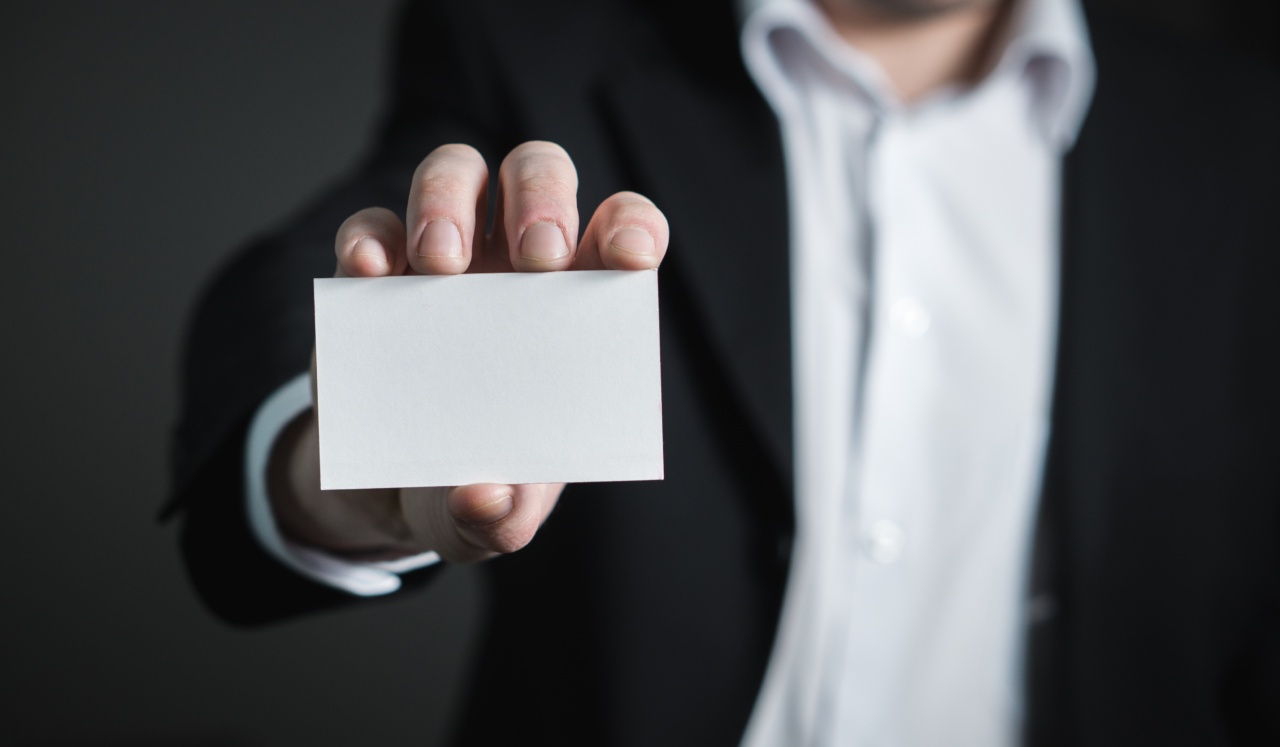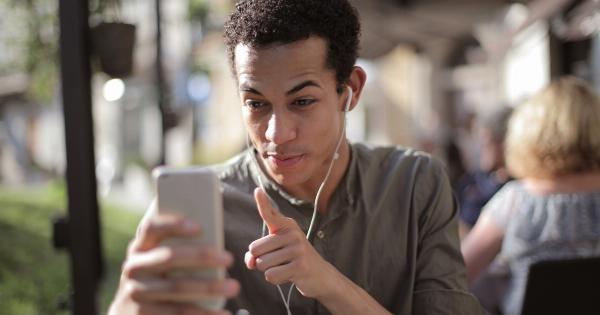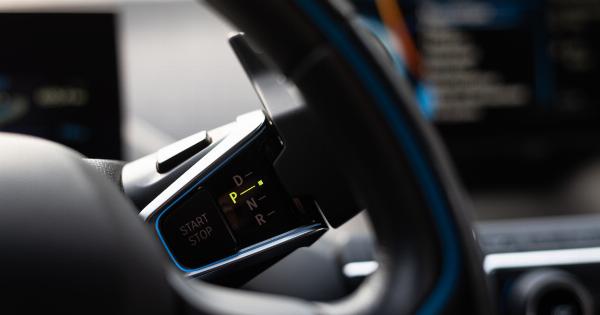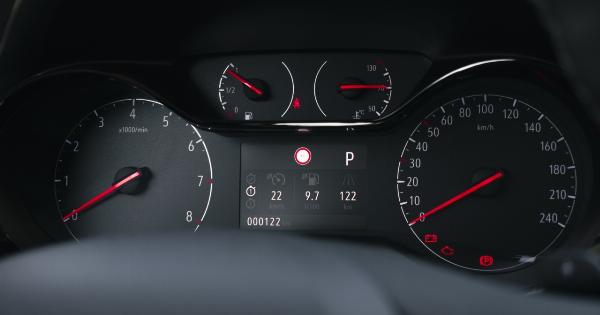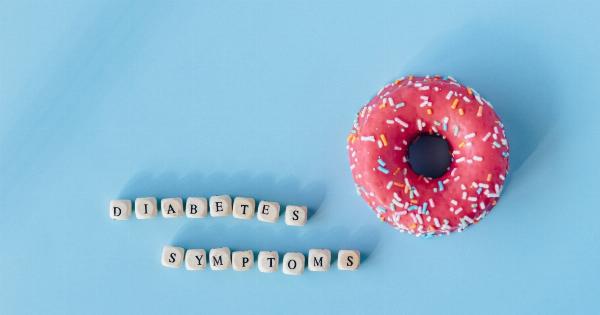Emptying your bladder is a natural process that is essential for maintaining a healthy urinary tract and avoiding uncomfortable and potentially harmful conditions such as urinary tract infections.
However, knowing when to empty your bladder can be tricky, especially for men who may have unique bladder health concerns like prostate issues. In this article, we will discuss when men should empty their bladders to maintain optimal urinary health.
Bladder Function: How does it work?
Our bladder is an essential part of our urinary system, a group of organs responsible for eliminating waste from the body. The bladder is a muscular sac that sits inside our pelvis.
It can expand and contract to hold urine and control the flow of urine out of the body through the urethra. The bladder receives signals from our brain when it is time to urinate, and it starts to contract and relax until we complete emptying our bladder.
Men’s Bladder Health Concerns
Men’s bladder health may be different from women’s for various reasons, including unique urinary tract anatomy and physiological processes.
Men may experience conditions such as bladder cancer, bladder stones, bladder infections, and prostate-related issues such as prostate cancer, benign prostatic hyperplasia (BPH), prostatitis, and bladder outlet obstruction. In some cases, these conditions can lead to urinary retention, where the bladder cannot empty fully, causing discomfort and other complications.
When Should Men Empty Their Bladders?
Men should empty their bladders when they experience the sensation of needing to urinate. In general, it is recommended to urinate every three to four hours, depending on how much fluid you consume.
However, several factors can affect bladder function, leading to changes in urinary frequency, volume, and urgency.
Factors Affecting Bladder Function in Men
Several factors can influence bladder function in men, including:.
- Age: As men age, bladder capacity may decrease, causing them to urinate more frequently.
- Diet: Drinking excessive amounts of caffeine, alcohol, and artificial sweeteners can irritate the bladder and increase urination frequency.
- Physical Activity: Strenuous and high-impact activities can put pressure on the bladder, causing men to feel the urge to urinate.
- Medical Conditions: Certain medical conditions, such as diabetes, neurological disorders, and prostate issues, can affect bladder function in men.
Prostate Health and Bladder Emptying
The prostate is a small gland that sits below the bladder and surrounds the urethra. It plays a crucial role in male reproductive health, but it can also affect bladder function.
Several conditions, such as BPH, prostate cancer, and prostatitis, can cause the prostate to enlarge, leading to bladder outlet obstruction. This condition can cause difficulty in emptying the bladder, leading to urinary retention and other complications.
Urinary Tract Infections and Bladder Emptying
Urinary tract infections (UTIs) are bacterial infections that affect the urinary system, including the bladder. UTIs can cause painful urination, frequent urination, and urgency, among other symptoms.
Men may be less prone to UTIs than women because they have longer urethras, which make it harder for bacteria to enter the bladder. However, men who have prostate issues or other underlying medical conditions may be at higher risk for UTIs.
Conclusion
In conclusion, men should empty their bladders when they feel the urge to urinate. The optimal frequency of bladder emptying depends on several factors, including age, diet, physical activity, and underlying medical conditions.
Men who experience difficulty in emptying their bladders or have other urinary symptoms should seek medical advice to prevent further complications and maintain optimal bladder health.
